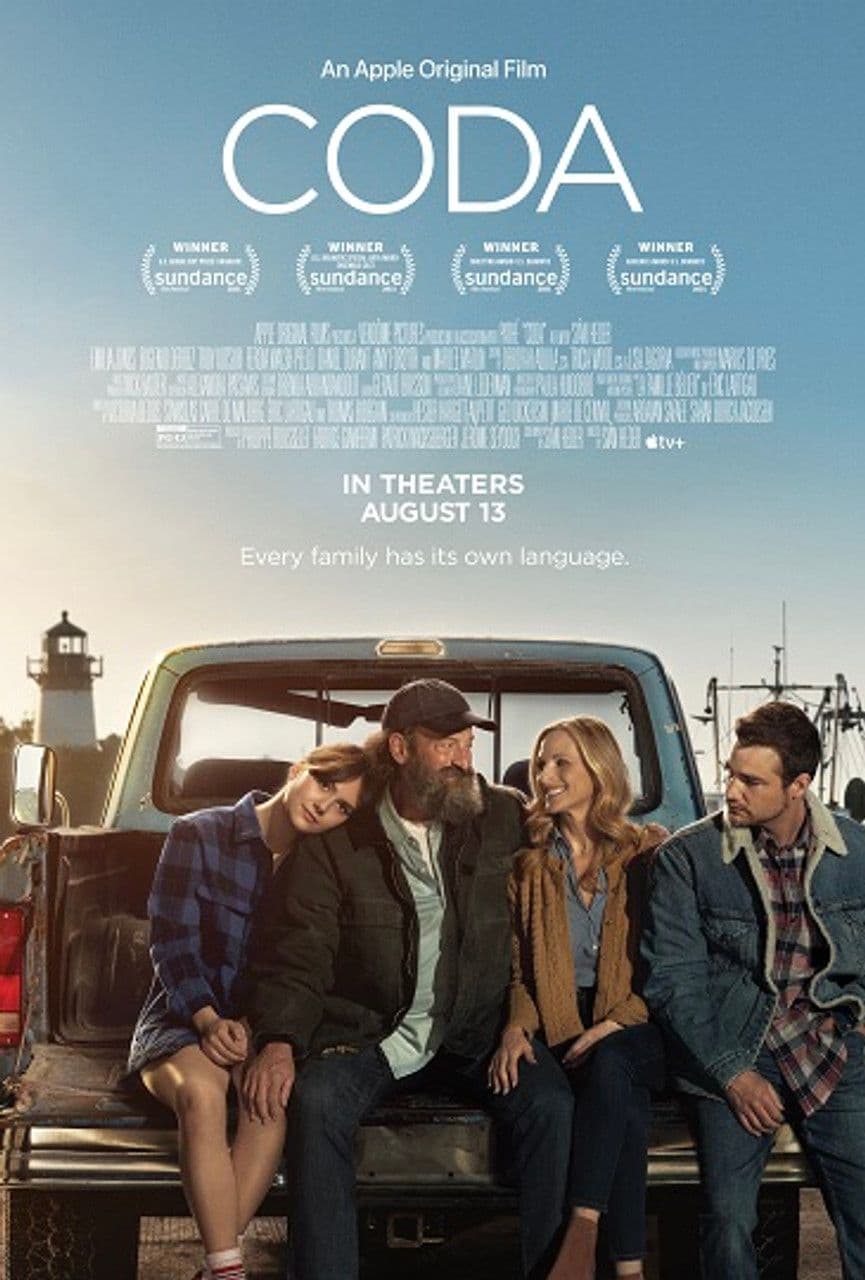
CODA
2021
Rate this movie
Average: 4.00 / 5
(5 votes)
Director
Let's admit it: at first glance, including CODA in a list of "greatest films of all time" sounds like an act of cinematic populism, a capitulation to the blackmail of easy tears. It seems like the classic "cute" film, the Oscar-bait comfort food that aunts love. Well, this is where conventional criticism, with its high-nosed attitude towards anything that isn't a three-minute black-and-white long take, makes a huge mistake. CODA is not a "cute" film. It's an emotional Trojan horse, a work of supreme intelligence and cunning that uses the coming-of-age formula to make us swallow, without us even realizing it, a powerful lesson on perception, family, and the very nature of artistic language. Cinema, when dealing with disability, almost always falls into two deadly traps: either the Tiny Tim-esque pietism of Dickensian memory, where the character is a suffering angel whose sole function is to inspire our benevolence; or the hagiography of the "supercrip," the individual who "despite everything" performs heroic feats to make us feel inadequate.
CODA takes these two conventions and cheerfully throws them overboard along with the fishing nets. The Rossi family is not a "human interest story" for a tear-jerking documentary. They are a boisterous, vibrant, sexually explicit, and proudly dysfunctional clan. Deafness is not an absence, but a different language, a physical dialect that allows for brutal honesty and irresistible humor. The film's self-deprecating undertone is its sharpest weapon. The father, Frank (an anthology-worthy Troy Kotsur, whose Oscar win was an act of poetic justice), is not a wise patriarch, but an irreverent fisherman concerned about his daughter's sex life and the price of fish. His performance, and that of the entire cast, does not ask for pity. It demands to be watched, understood, and affectionately mocked. It is the liberation of disability from the prison of tragedy.
Let's talk about its "aesthetic signature." Those who look for Wes Anderson's pastel symmetries or Terrence Malick's panic-driven drifts in CODA have come to the wrong screening. Sian Heder's aesthetic is not in formal composition, but in the almost tactile authenticity of her world. The peeling paint of the Rossi's boat, the clutter of their home, hands roughened by fishing: it's not poverty porn, it's realism. It's an aesthetic that has more in common with the dignified solitude of Edward Hopper's characters, captured in ordinary moments of life, or with the brutal light that Caravaggio used to illuminate holiness in the faces of common people, rather than with the self-congratulatory nature of much art-house cinema. And then, there's the masterstroke. The scene of Ruby's concert, where the sound is completely muted. For almost a minute, the film snatches away our privilege of hearing and forces us to watch the music as her family watches it. We see a throat vibrating, a face transfigured, a moved audience. In that silence, cinema performs its greatest miracle: it doesn't make us understand deafness, it makes us experience it, it stitches it onto us. It's a moment of radical empathy that is worth more than a thousand dialogues and alone justifies watching the film. It is form becoming content, an idea of dazzling purity.
This is why CODA deserves a place in Olympus. Great films are not only those that innovate language with formal complexities, but also those that achieve a perfect and seemingly simple synthesis between story, performance, and emotion. CODA is a work of impeccable emotional engineering. Every laugh is set up, every tear is earned. But above all, it's a film that performs a brilliantly cunning cultural operation: it takes the most reassuring and proven formula of American cinema (the story of a talented underdog who achieves their dream) and uses it to bring a radically different community and perspective to the center of the mainstream discourse.
If European masters like Bergman and Antonioni spent their careers dissecting the incommunicability between people who, despite being able to speak, had nothing to say to each other, CODA celebrates the overflowing, physical, and unrestrained communication of those who, to the world, are "silent." It demonstrates that silence is not an absence of sound, but a space that can be filled by a different, perhaps even more honest, type of language. For its ability to be both universal and specific, simple and profoundly deep, CODA is not just a film to watch. It is a film to feel. And for this sensory tightrope walk, it deserves to be on this list.
Countries
Gallery
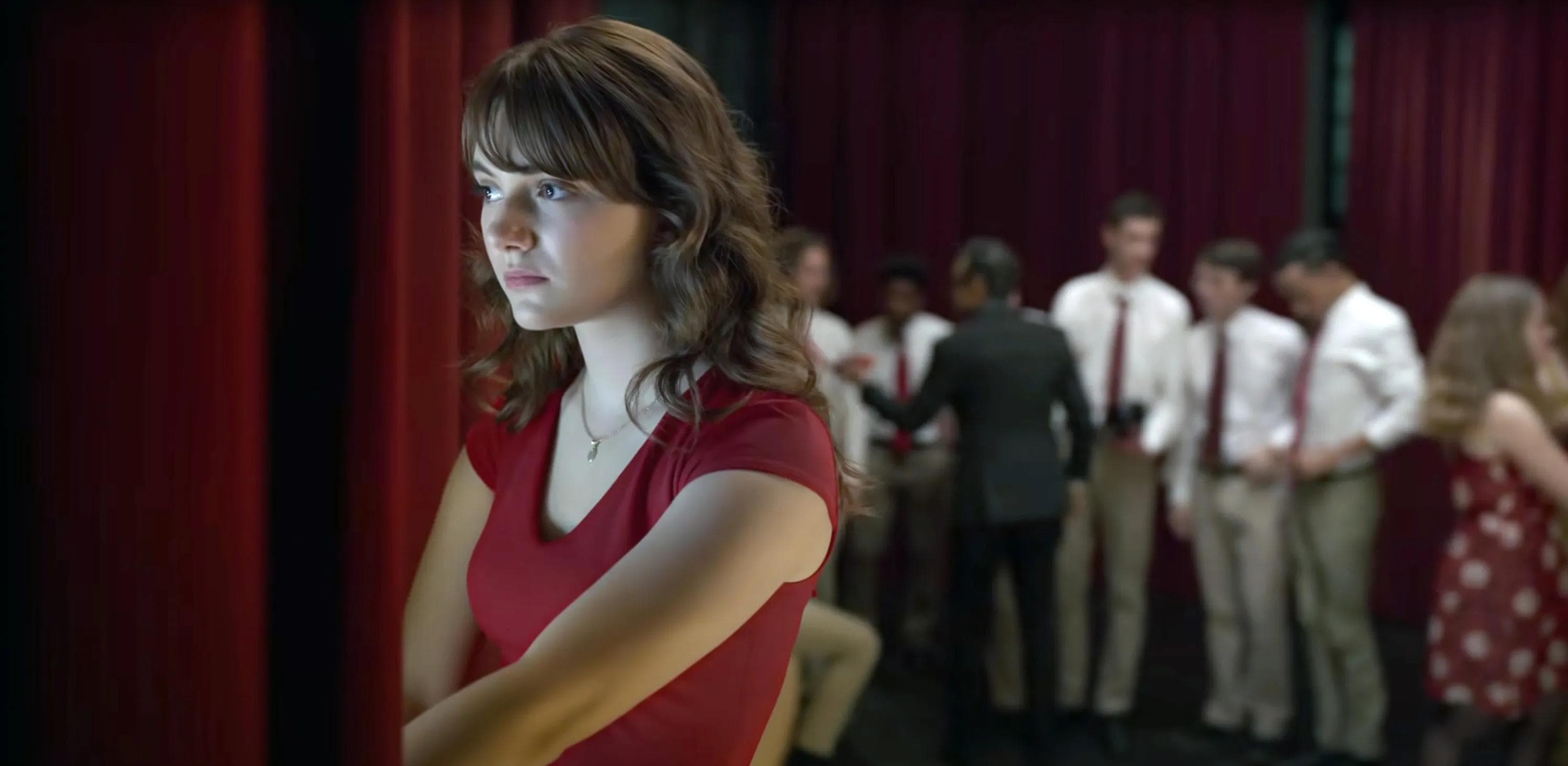

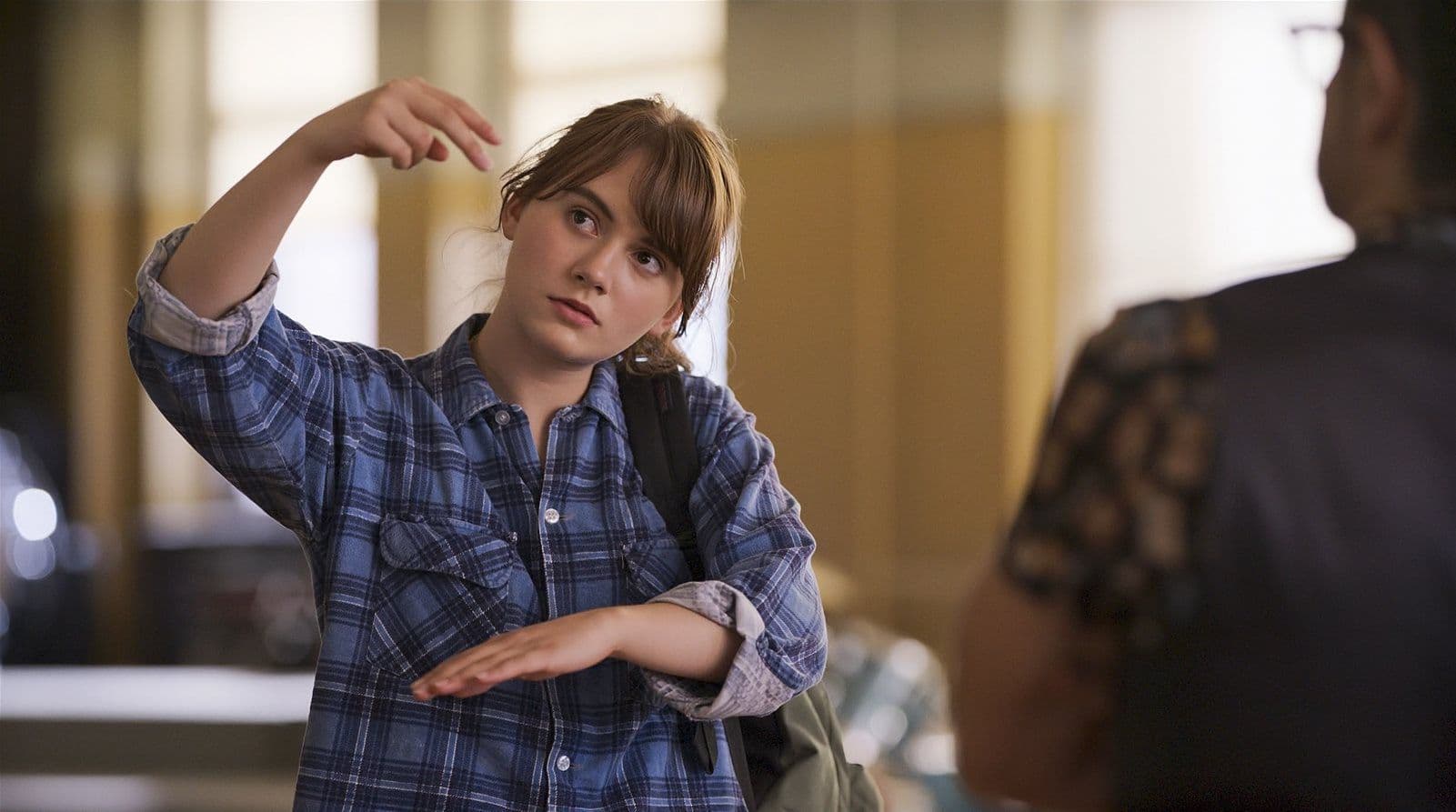
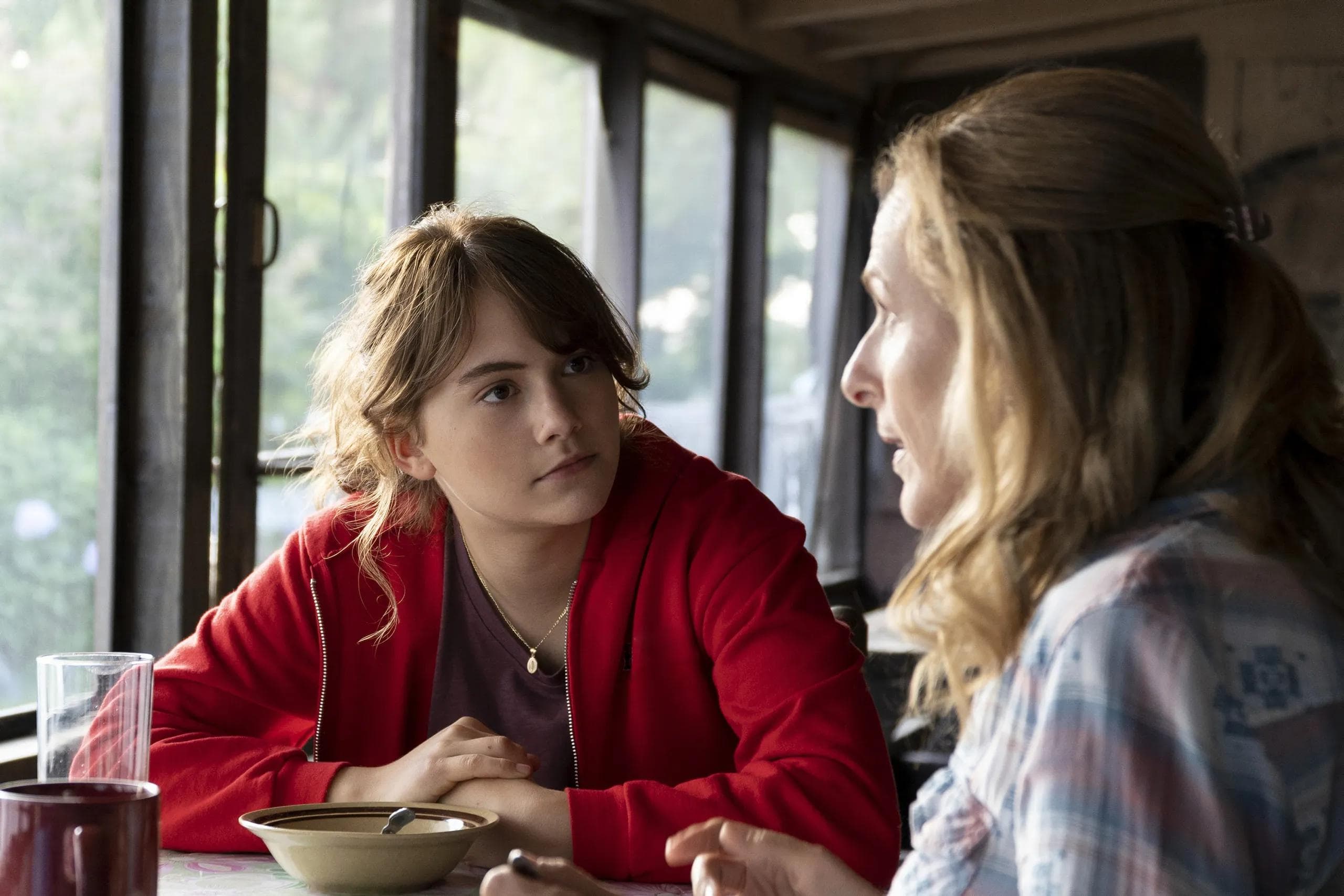
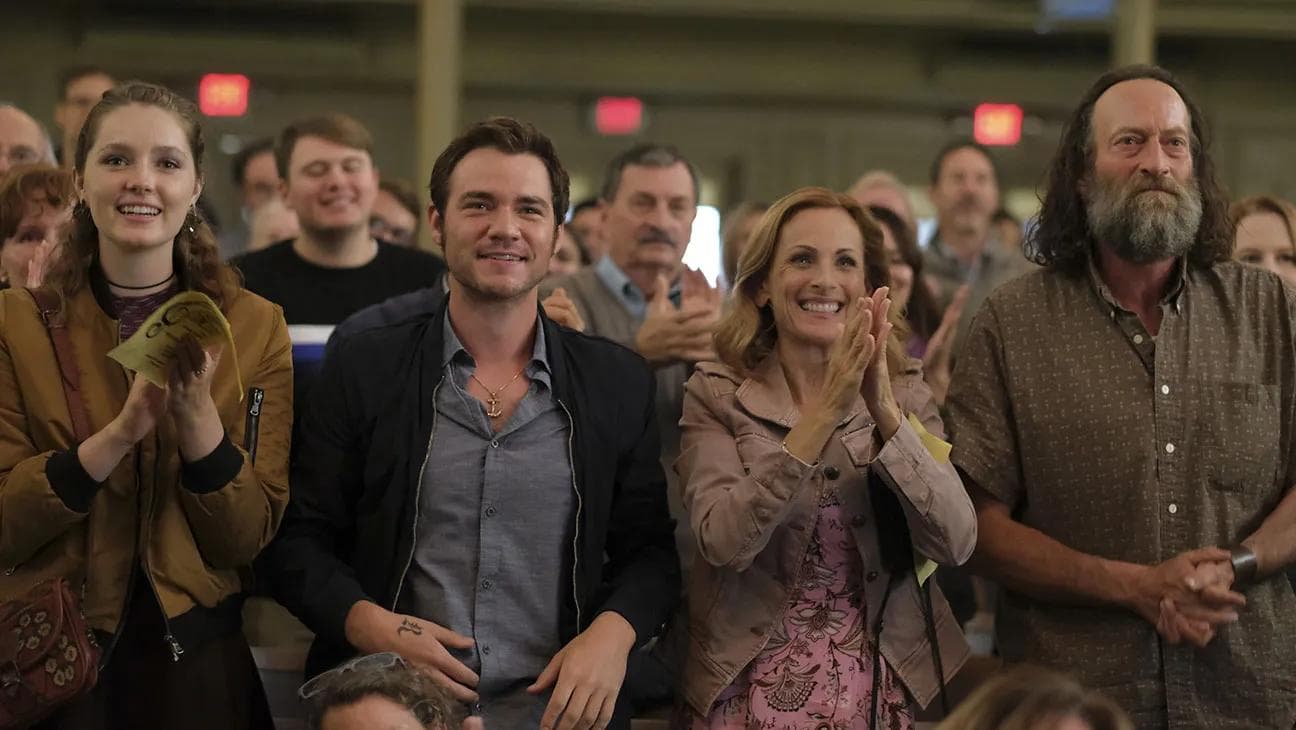
Featured Videos
Trailer
Comments
Loading comments...